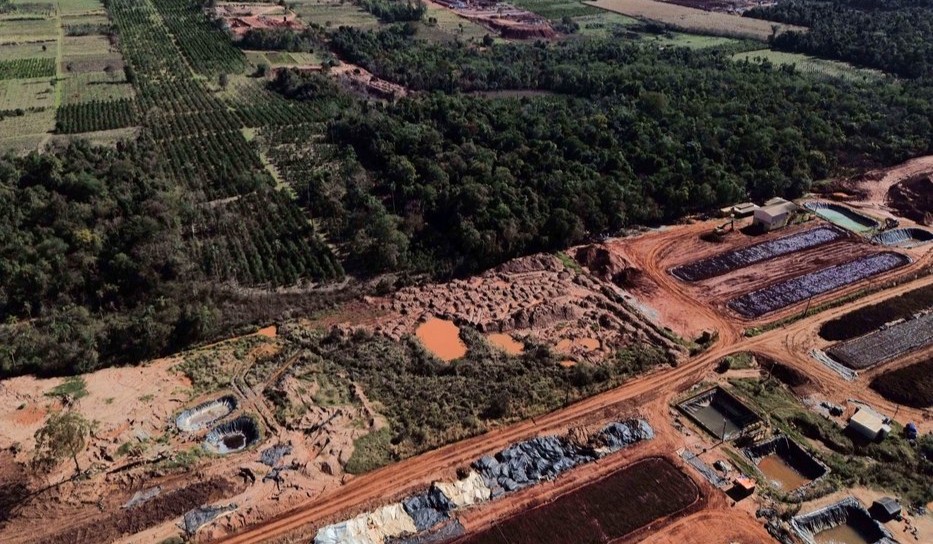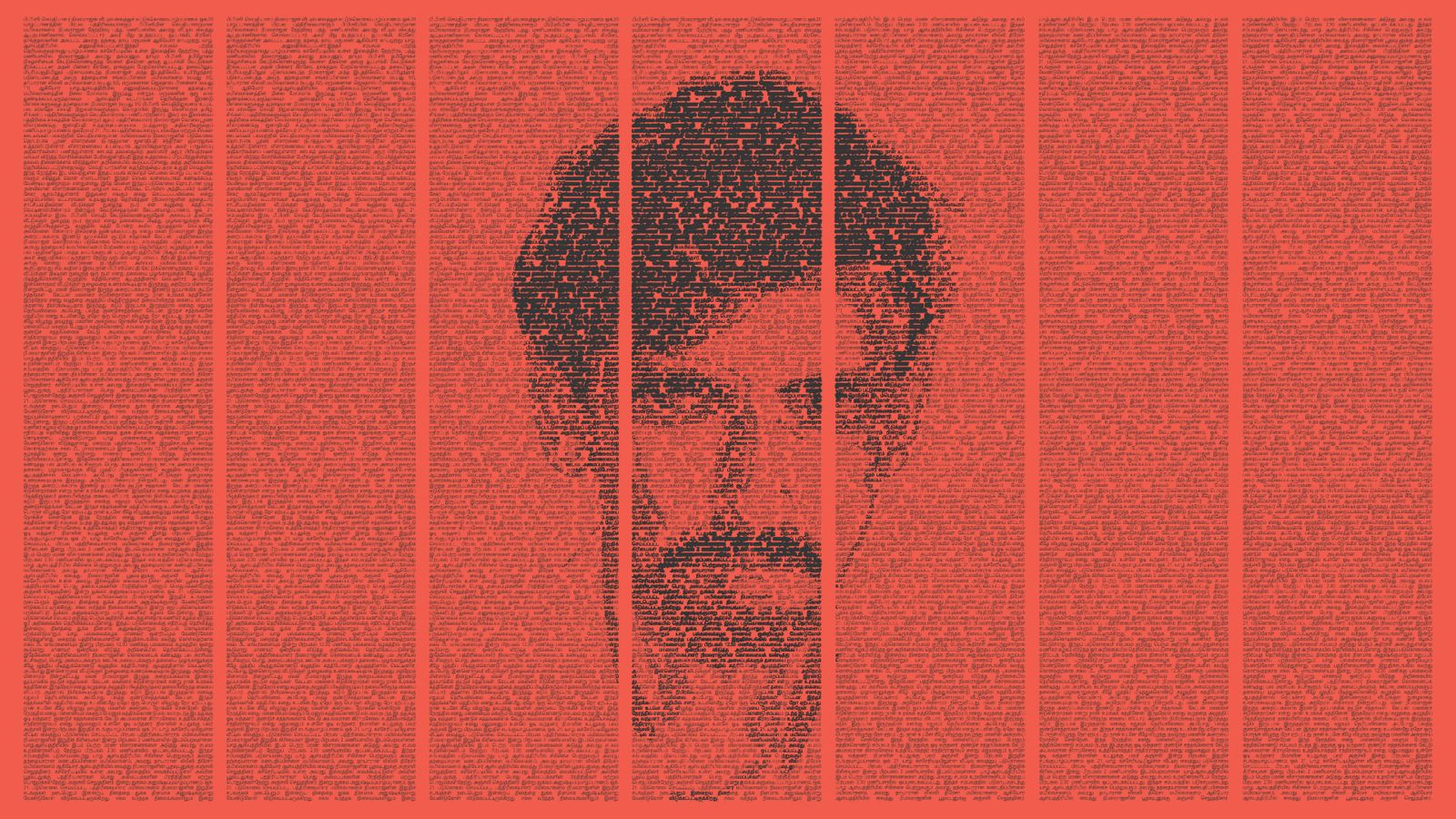
Journalists Expose U.S. Newsrooms’ Bias and Censorship on Palestine Coverage
September 9, 2025
Criminalisation of Environmental Defenders and Attacks on Journalists in Paso Yobái
September 10, 2025The report “Killing Sri Lankan Journalists: The Case of Nimalarajan Mylvaganam”, co-authored by the International Truth and Justice Project (ITJP) and REDRESS, exposes a grave miscarriage of justice in the assassination of Jaffna-based journalist Mylvaganam Nimalarajan. He was fatally shot on October 19, 2000, in his home within a high-security zone under curfew—a setting that should have simplified, not hindered, the investigation. The report decries a “text-book case of investigative failure” by Sri Lankan authorities.
Instead of securing the crime scene, documenting it photographically, or collecting forensic evidence, the police allowed the site to remain unsecured amid surrounding military checkpoints. Many of the security personnel present that night were either never identified or never interviewed. Ballistic evidence was mishandled, and inquiries into threats against Nimalarajan—including possible phone interceptions—were neglected, with authorities bizarrely opting to scrutinize his bank account instead.
Suspects—widely believed to be members of the government-affiliated paramilitary EPDP—were interrogated, yet their confessions, allegedly coerced and extracted under torture, were uncritically accepted. They remained at liberty, able to flee the country and allegedly carry out further crimes. Meanwhile, EPDP leader Douglas Devananda faced no questioning, instead enjoying continuous political appointments for decades.
This failure is not an isolated incident but emblematic of a broader culture of impunity that dominated Sri Lanka between 2000 and 2010, during which at least 44 journalists were killed and none of their killers brought to justice. As Yasmin Sooka of ITJP warned, such systemic inaction chillingly discourages independent journalism and entrenches self-censorship or exile as survival strategies.
With domestic avenues for accountability exhausted, the UK’s Metropolitan Police War Crimes Unit stepped in. In February 2022, they arrested a suspect in the UK, widely believed to be an EPDP cadre nicknamed ‘Napoleon’—a rare move reflecting how foreign mechanisms can offer hope when national systems fail. The report lays bare how the absence of justice for Nimalarajan’s murder continues to undermine press freedom, embolden perpetrators, and erode the credibility of the rule of law in Sri Lanka.
Reference –

